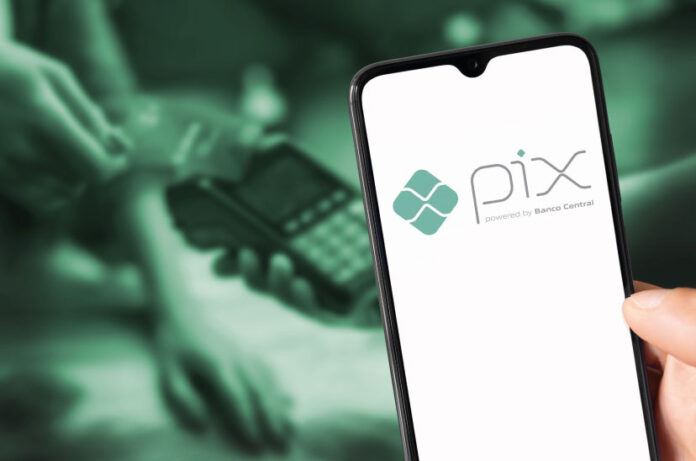Since the 16th of June, the Automatic PIX officially started operating as a new stage of the Brazilian instant payment system. Developed by the Central Bank, the feature enables recurring debits — such as monthly fees, subscriptions, and bills — without the need for slips or cards. The aim is to offer users a simpler, more transparent, and controllable alternative for periodic payments.
With a single authorization via the banking app, the consumer can schedule automatic payments debited directly from the current account, without needing to enter card number, CVV, or expiration date. The tool arrives at a time when Pix is already the most used payment method in the country by 73% of Brazilians, according to a survey by MindMiners. Still, traditional methods like debit cards (60%) and credit cards (53%) are still preferred for recurring transactions.
“This prominence of Pix reflects an important change in behavior, especially among younger people and micro-entrepreneurs. The simplicity of the tool — which eliminates terminals and fees — has been decisive in boosting small businesses, expanding access to the banking system, and encouraging the digitalization of the economy,” emphasizes the Business Director of Lina Open X, Murilo Rabusky.
The simplicity challenging the traditional market
The proposal of Automatic PIX is straightforward: to eliminate the complexity of recurring payments. Unlike cards, which require information like number, CVV, and expiration date, the new system operates with a single authorization in the banking app.
The process is intuitive: the consumer receives a direct debit proposal from the company, authorizes it once in the banking app, and from then on, payments occur automatically on agreed dates. The differentiator is in control: the user can cancel, pause, or change amounts directly on their phone, without bureaucracy.
“These innovations make the system more efficient, secure, and accessible — for both consumers and companies — and establish Brazil as one of the global leaders in banking innovation. By evolving continuously according to consumer behavior, Pix reaffirms its role as a driver of inclusion, innovation, and competitiveness in the national financial system,” says Murilo Rabusky.
Competitive advantages over cards
Among the main attractions of the new modality for companies is the reduction of default rates and common frictions in card payments — such as exceeded limits or expired cards. According to industry estimates, up to 40% of credit card collection attempts are declined for various reasons.
Furthermore, the simplicity of the process can favor the adoption of subscription services. Friction at the payment moment is still a bottleneck for retention. Solutions like Automatic Pix help eliminate these barriers.
Despite the advantages, the new modality also faces implementation obstacles. Banks and fintechs need to adapt their systems to operate with the authorization and cancellation infrastructure of Automatic Pix. On the company side, it is necessary to invest in technological integration and clear communication with consumers.
Use in pensions, health, and education
Even at an early stage, Automatic Pix is already being adopted in sectors beyond digital retail. In the pension area, Brasilprev, in partnership with the fintech Lina Open X, carries out the contracting of plans with payment via Automatic Pix. Educational institutions are also exploring the alternative for collecting tuition fees, as well as health clinics and health plan operators.
The expectation is that over time, the new modality can replace both bills and cards in recurring transactions. The model favors businesses with high recurrence rates, such as gyms, subscription clubs, and online courses.
“Companies that can intelligently integrate Automatic PIX will have a significant competitive advantage. The technology not only reduces costs but also improves the customer experience and increases loyalty,” concludes the director of Lina Open X.
What’s coming next
The debut of Automatic Pix is part of a broader agenda of the Central Bank to expand the instant payment ecosystem. Also by 2025, the launch of Parcelled Pix is planned, which will allow splitting amounts into several installments directly in the checking account — with or without interest, depending on the negotiation with the financial institution.
With this, Brazil is moving towards consolidating a system that offers instant, recurring, and installment payments — all within the same environment and without the need for a card. It is a change with the potential for significant impact in various sectors of the economy.








